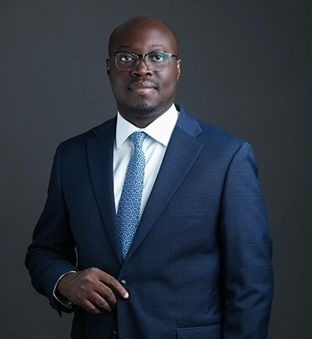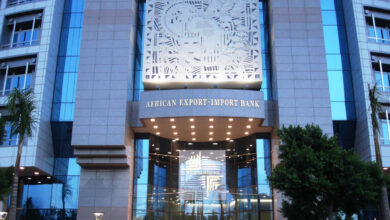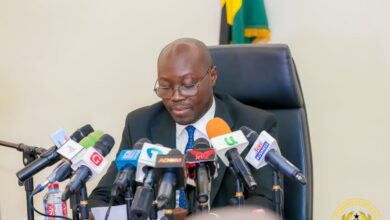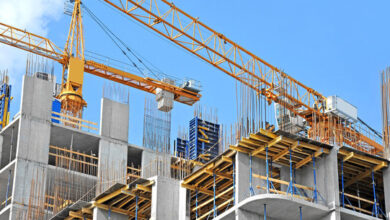2026 Budget: Ghana Eyes GH¢268.1bn in Revenue and Grants

The Government has unveiled an ambitious plan to mobilise GH¢268.1 billion in total revenue and grants for the 2026 fiscal year, representing an 18.3 percent increase over the projected GH¢226.7 billion for 2025.
Finance Minister Dr. Cassiel Ato Forson, presenting the 2026 Budget Statement and Economic Policy to Parliament, said the higher revenue target is a central pillar of government’s strategy to consolidate recent macroeconomic gains and push the country toward stronger, more sustainable growth.
According to him, the 2026 fiscal year marks a decisive shift from economic stabilisation to a phase of accelerated transformation, requiring disciplined fiscal management and enhanced domestic resource mobilisation.
Non-Oil Taxes to Anchor Revenue Growth
Dr. Forson emphasized that non-oil tax revenue remains the backbone of Ghana’s fiscal structure. Collections from this category are projected to reach GH¢216.1 billion in 2026.
He said the expected improvements will be driven largely by stronger tax compliance, widening of the tax net, and ongoing digitalisation reforms aimed at sealing loopholes and improving efficiency at the Ghana Revenue Authority.
“Non-oil revenue continues to provide the most reliable stream for financing development,” he told Parliament. “Our reforms will ensure that domestic resource mobilisation becomes the engine that powers Ghana’s long-term transformation.”
Oil Revenue and Grants to Play Supporting Role
In addition to non-oil tax streams, government expects moderate gains from oil-related revenues as production stabilises and global energy markets show signs of gradual recovery. Grants and other inflows from development partners will complement domestic efforts, although Dr. Forson stressed that external support will not replace the need for stronger internal systems.
Stability and Growth at the Core of the 2026 Budget
The Minister said the broader fiscal strategy for 2026 is built around three priorities:
-
Consolidating macroeconomic stability after the turbulence of recent years.
-
Sustaining the growth momentum achieved through structural reforms and renewed investor confidence.
-
Transforming the fiscal landscape by reducing wastage, expanding the tax base, and pursuing long-term discipline.
The goal, he added, is to position Ghana for stronger job creation, improved public service delivery, and enhanced investor confidence.
Reforms to Strengthen Revenue Mobilisation
A series of policy measures will support the revenue target, including:
• Continued rollout of digital revenue collection tools
• Enhanced enforcement of tax obligations in key sectors
• Support for small and medium enterprises to comply easily with tax rules
• Strengthening of tax audits and risk-based monitoring
• Improved coordination between ministries, departments, and agencies to track revenue performance
These reforms, Dr. Forson noted, are expected not only to boost collections but also to make the tax system fairer and more predictable for businesses and households.
A Shift Toward Long-Term Fiscal Discipline
Dr. Forson told lawmakers that the Government’s fiscal vision is anchored on sustainability rather than emergency fixes. He argued that achieving GH¢268.1 billion in revenue would significantly reduce fiscal pressures, strengthen debt sustainability efforts, and free up space for critical investments in infrastructure, health, education, and job creation.
“Our aim is to build a revenue system that supports long-term development and allows Ghana to chart its own economic course,” he said.




